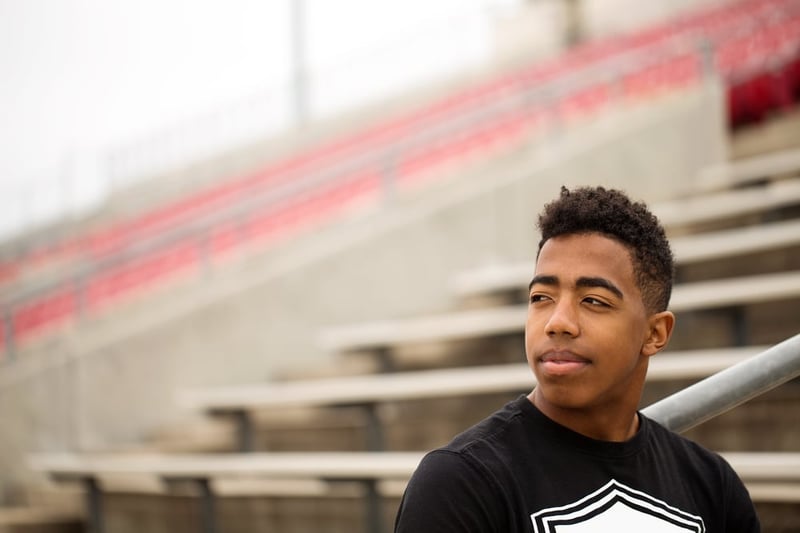What Cross-Sensitization Is and How It Will Affect Your Adolescent's Recovery

There is a reason that building a new life of recovery is so heavily emphasized in residential treatment programs for adolescents. Many parents are confused by the long list of activities, treatment methods and
fun
that their addicted adolescents and teens are set up to participate in when they go away to treatment. Addiction is not something that needs to be punished, nor is it something to be celebrated. Recovery, on the other hand, is something to celebrate, both because it is celebratory and because making recovery fun is a necessary part of the process.
Addiction changes the chemistry of the brain. Directly influencing the way the brain creates and responds to pleasure, drugs and alcohol create a drastic alteration in an adolescent or teen's ability to have fun. More specifically, your teen's brain is strained in its ability to have a normal amount of fun. Due to the way the production of dopamine has skyrocketed under the influence of drugs and alcohol, the brain gets used to streaks of high dopamine production. When the drugs and alcohol are taken away, the brain eagerly searches for other activities which can also create high amounts of dopamine, or pleasurable stimulation. This is called cross-sensitization and it is why many teens and adolescents struggle with sobriety in their young age. Focusing on having fun and developing new ways of having fun isn't about learning to do something other than drugs and alcohol. Each activity, treatment method and therapy in treatment is designed to help the brain create new neural pathways by repeating new behaviors. Habits are not broken, but replaced by new habits. Recovery, and everything recovery entails, is a habit. In order to create habits like having clean and sober fun, engaging in clean and sober fun has to become habitual.
Here are two ways to encourage your adolescent or teen in recovery to continue building new neural pathways for their continued sobriety and growth:
Help them discover what they like to do and what they don't like to do:
Sometimes it is easier to find out what you don't like than to define what it is you do like. The brain reacts more strongly to negativity, which is why the brain turns to cravings for drugs and alcohol when it finds something it doesn't like. However, discovering likes and dislikes can become a way to build new pathways. Discovering dislikes can be confidence boosting. Your teen may not know what they
do
like, but they can have confidence in knowing who they are by knowing what they don't like.
Get the body involved in the process:
Playing sports, doing physical exercise, or even talking about different activities while taking a walk will actually help the brain process, while improving your teen's mood and wellbeing. Physical activity provides a wealth of neural benefits which can make it a great activity. Once your teen's body is healed, encourage them to seek out organized sports as a way to stay busy, build new relationships, keep the body healthy and reprogram the brain.
Stonewater Adolescent Recovery Center welcomes adolescents who are struggling with addiction to find healing and recovery through our residential treatment programs. Working with each patient individually, we create a comprehensive and customized plan for treatment including academic progression. For information, call us today: 662-598-4214.

.jpg)

